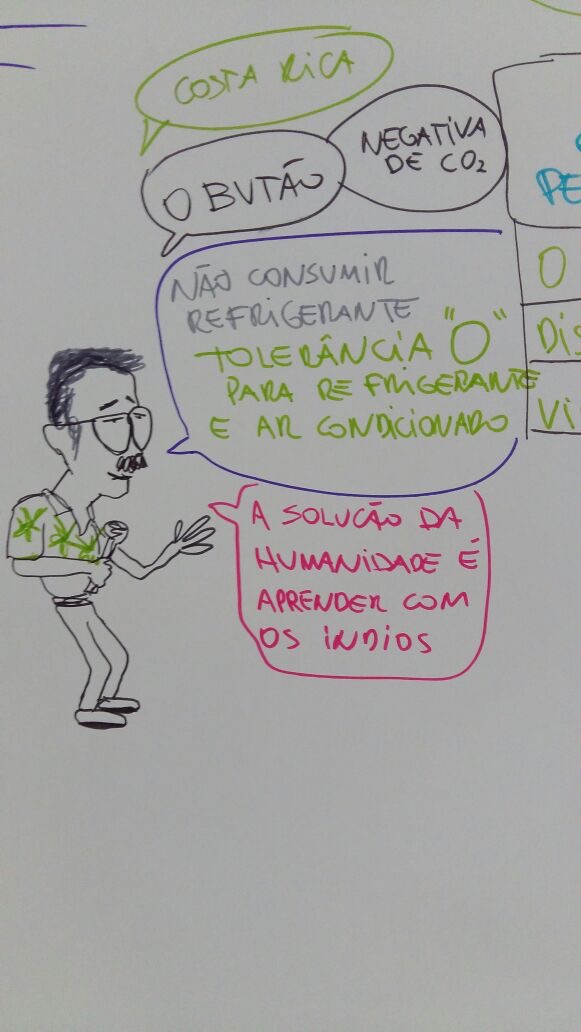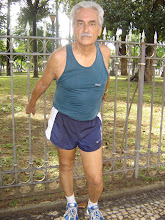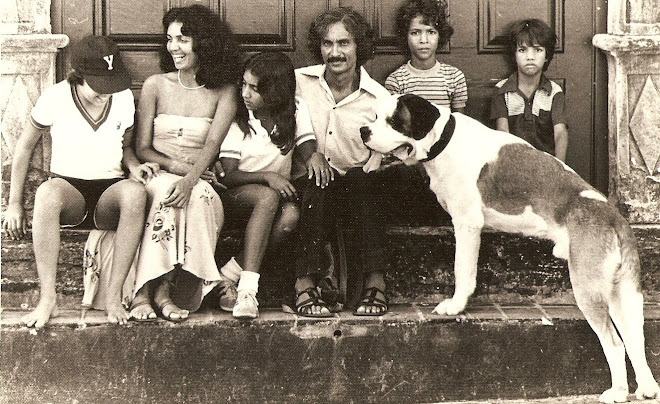 |
 |
| Clóvis e Jamesson - Diretor Cultural do Clube Carnavalesco Misto Lenhadores |
 |
| Vera e Clóvis, como nos velhos tempos - dançar nos faz 100% felizes |
 |
| É frevo meu bem! |
 |
| Com bolo de noiva |
 |
 |
| Clóvis e Jamesson - Diretor Cultural do Clube Carnavalesco Misto Lenhadores |
 |
| Vera e Clóvis, como nos velhos tempos - dançar nos faz 100% felizes |
 |
| É frevo meu bem! |
 |
| Com bolo de noiva |
 |
| Apresentação no I Congresso do Centro Celso Furtado, Rio, 19.8.12 |
 |
| Renata Marson |
 |
| David Barkin, colega em Yale (1964-1965), palestrando no Rio |
 |
| Almoço com Edmar Bacha e David Barkin (colegas e roommates em Yale) e Blanca Lemus no Rio |
 |
| Clóvis, Edmar Bacha e David Barkin |
 |
| Após delicioso almoço no Aspargus, Rio |
 |
| Palestra no encerramento do evento |
 |
| Palestra |
 |
| Com Osmar Siena e Aurineide Braga |
 |
| Estudantes e professores da UFRO |
 |
| Com a reitora da UFRO, Maria Berenice Tourinho e os profs. Clésia Oliveira, Carlos André Müller e Osmar Siena |
 |
| Rio Madeira em Porto Velho, junto ao Museu da Madeira-Mamoré |
 |
| Museu da Estrada de Ferro Madeira Mamoré, com Carlos André Müller e filha |
 |
| Com Joe Weiss (UnB) e os participantes da mesa sobre Economia Verde, na SBPC, Celso Manzatto e Milton Kanashiro, e Vera Gouveia e pesquisadores da Embrapa |
 |
| Celso Manzatto, Clóvis e Milton Kanashiro |
 |
| Celso Manzatto, Clóvis, Vera Gouveia, Joe Weiss e Milton Kanashiro |
 |
| Com Andréa Nascimento (PE), aluna do curso na SBPC, Amélia Rodrigues Enríquez (UFPA) e Joe Weiss (UnB) |
 |
| Fundação Joaquim Nabuco na SBPC |
 |
| Almoço do grupo da Fundação Joaquim Nabuco no ótimo restaurante Cabana do Sol |
 |
| São Luís, baía de São Marcos |
 |
| Centro histórico, São Luís do Maranhão |
 |
| Cais da baía de São Marcos, com a ponte (com perdão pela má palavra) José Sarney ao fundo |




Born in 1940, Clóvis Cavalcanti is a Brazilian ecological economist living in Olinda and working in the Recife area, Brazil. He is also an organic farmer since 1976, and an environmentalist. He taught ecological economics at the Federal University of Pernambuco and retired as an Emeritus Researcher from the Institute for Social Research, the Joaquim Nabuco Foundation. He was visiting professor at various universities including Vanderbilt (USA), La Trobe (Australia), Cuenca (Ecuador), Oxford (Britain), and the University of Illinois at Urbana-Champaign (USA). He has been a member of the scientific council of the Institute of Integral Medicine of Pernambuco (Recife) and of the Consultative Council of the Celso Furtado International Center for Development Policies in Rio. He is a founding member of the International Society for Ecological Economics (ISEE) and its present President for 2018-2019. He is also a founder and honorary president of ECOECO (the Brazilian Society for Ecological Economics). He has had assignments in the board of directors of ANPPAS, the Brazilian Association of Research and Graduate Studies on the Environment and Society, and in the board of CLACSO, the Latin American Social Sciences Council (Buenos Aires). He has pioneered work on patterns of sustainability in the Americas, comparing the US and Amerindian lifestyles. He has written and published regularly since the late 1960s in peer-reviewed journals. He is the author, co-author or editor of 12 books, including The Environment, Sustainable Development and Public Policies: Building Sustainability in Brazil (2000). He introduced the concept of ethnoeconomics during his visiting professorship at Oxford in 2000, publishing a paper on the subject in Current Sociology, Jan. 2002. He has done work on the role of traditional ecological knowledge in development, and on environmental governance. He collaborated in the preparation of Angola’s 2005-2025 development strategy, introducing a proposal (adopted) for a wealth fund based on oil royalties for use in perpetuity. He has written on alternative development paths and their policy requirements since the mid-1980s. In 2012-2013, he did work in Bhutan’s International Expert Working Group which contributed to a report submitted by the Bhutanese government to the UN. In December 1968 he gave a speech in Recife at a graduation ceremony under the title “Economics and human happiness: a quasi-philosophical essay”.























